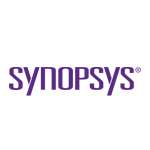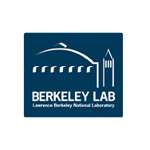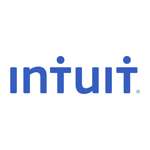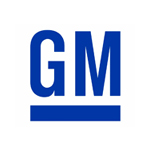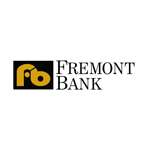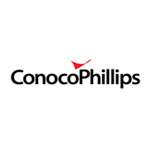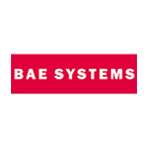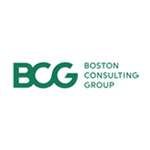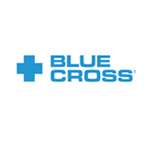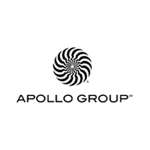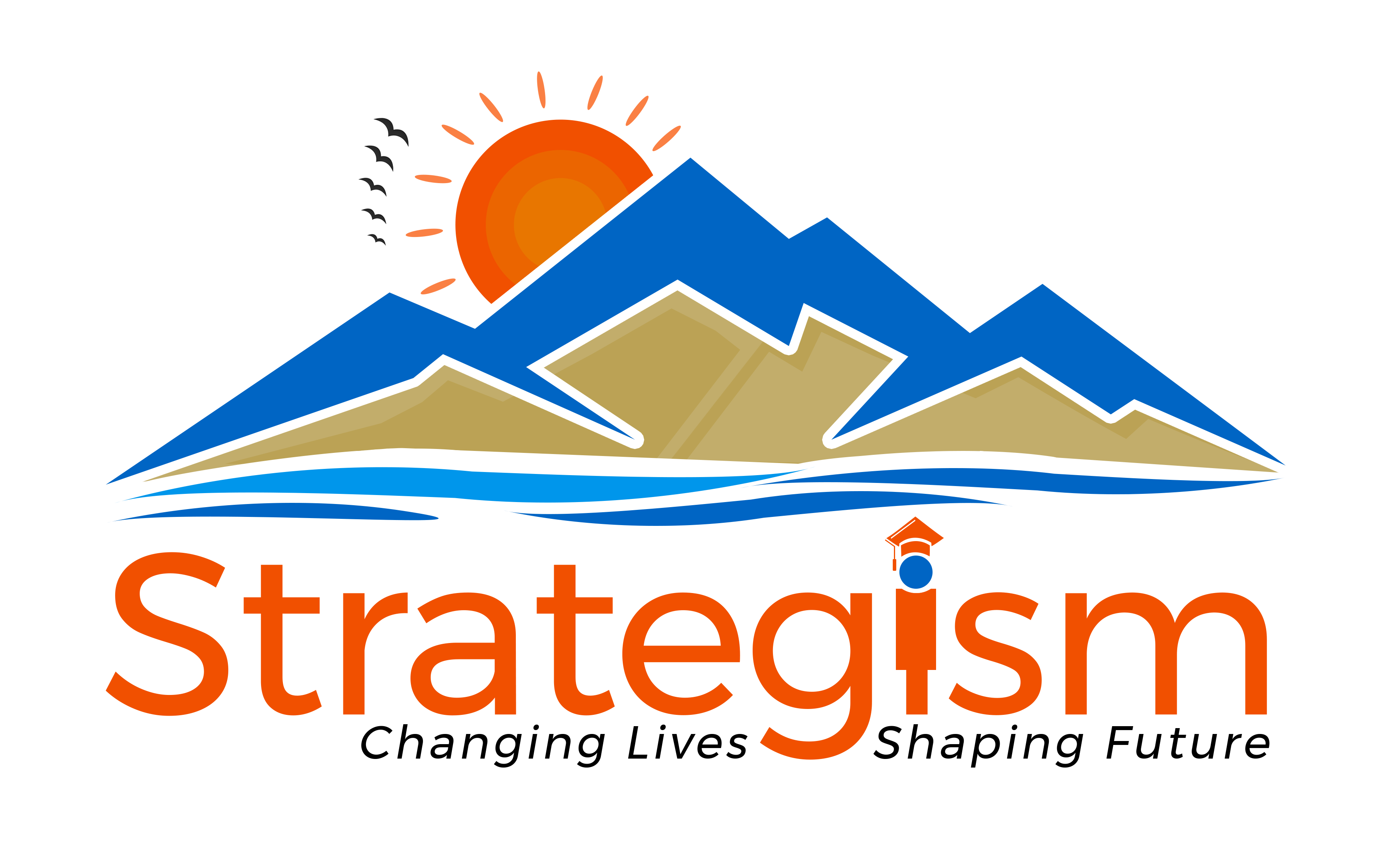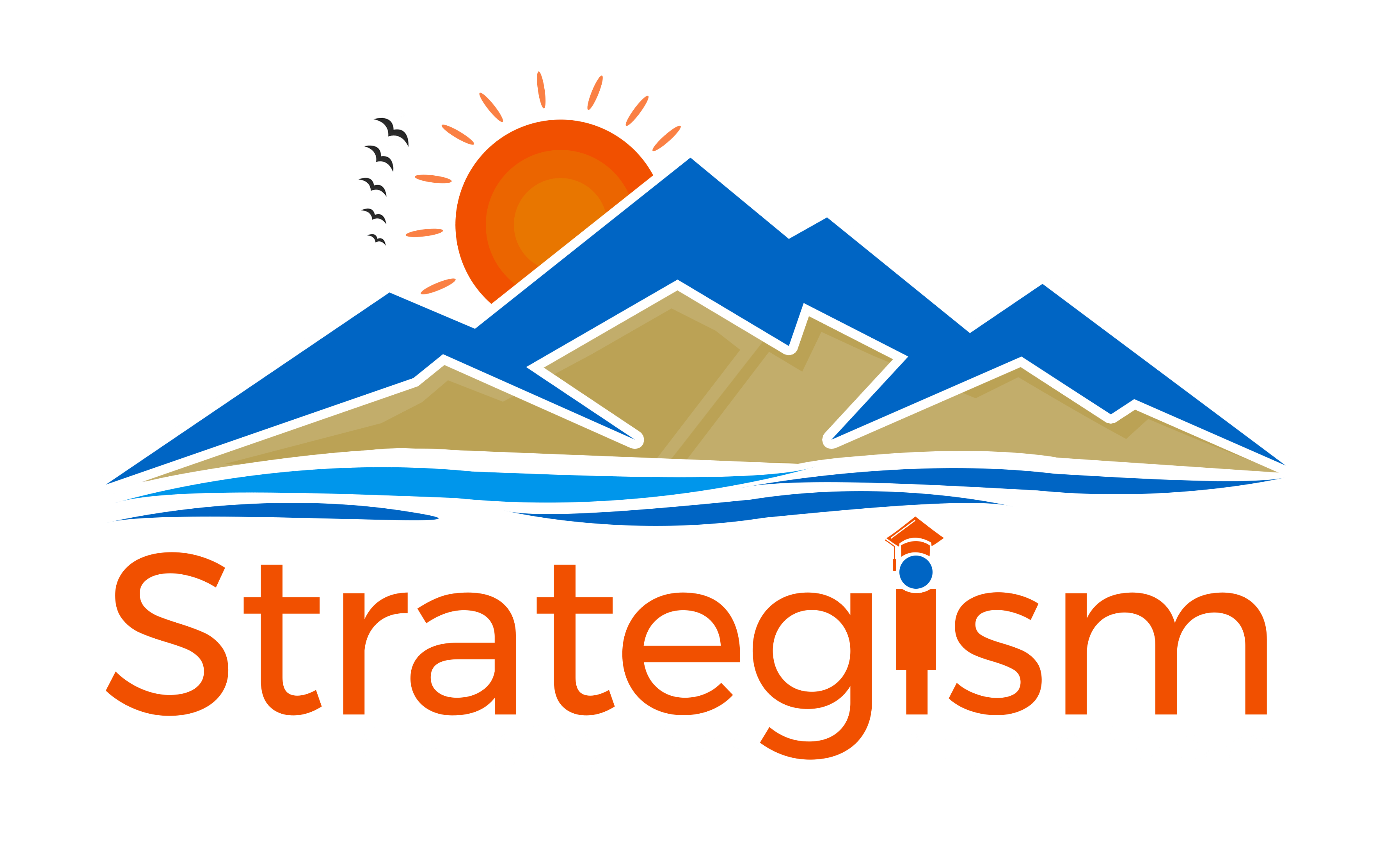(PMI-ACP)® Certification Training Course
Strategism Inc has been reviewed and certified as a global provider of project management training through the Project Management Institute (PMI®). Agile is one of the world’s most popular approaches for software development, owing to its focus on flexibility and valuing users.
- Early Bird Price - 20% Off Now!
Price : 1000 USD 799 USD
Live Instructor – Led Online(PMI-ACP)® Certification Schedule
15+ Years
Experienced Trainers
50+
Trainers
1800+
Certified
4.7/5*
Rating
SAVE THE DATES FOR OUR UPCOMING PROGRAM
4 weekend program (Sat & Sun from 9AM to 1PM PST)
(PMI-ACP)® Certification
Strategism Inc has been reviewed and certified as a global provider of project management training through the Project Management Institute (PMI®). Agile is one of the world’s most popular approaches for software development, owing to its focus on flexibility and valuing users. This PMI-ACP® (Project Management Institute Agile Certified Practitioner) course aims to teach delegates about the essential methodologies and various principles underpinning Agile before moving on to different approaches to develop Agile mindset for better project management. This course includes all the materials needed to prepare you for the PMI-ACP® exam. This Certification is the fastest-growing certification offered by PMI® and increases the versatility and employability of candidates who are successful in achieving this certification. Our highly engaging instructors are there to help you tailor your learning to specific professional and personal development needs as well as transferable skills.
We Proudly deliver Outstanding Learning Services to our global learners, our award-winning courses are designed using highly interactive learning strategies which are supported by extensive research in designing and developing content, so that learner can benefit from unrivalled unique content which is exclusive to The Strategism Inc learners. We Train & Develop highly competent project manager and most of them go on to work on large-scale enterprise projects and command the highest salaries in the industry.
Why Choose Us?
Best Price Guarantee
You won’t find better value in the marketplace. If you do find a lower price, just send us the offer, and we’ll beat it.
Guaranteed to Pass Exam
Our exam pass guarantee gives you the confidence that you will surely pass your exam.
Guaranteed to Run
Our all training classes are 100% guaranteed to run on dates provided, whether they are classroom, virtual or in-house.
100% Money Back Guarantee
We are so confident in our courses and skills of our instructor that we offer a money back guarantee if you do not pass the exam.
Why Should You Go For The PMI-ACP Certification?
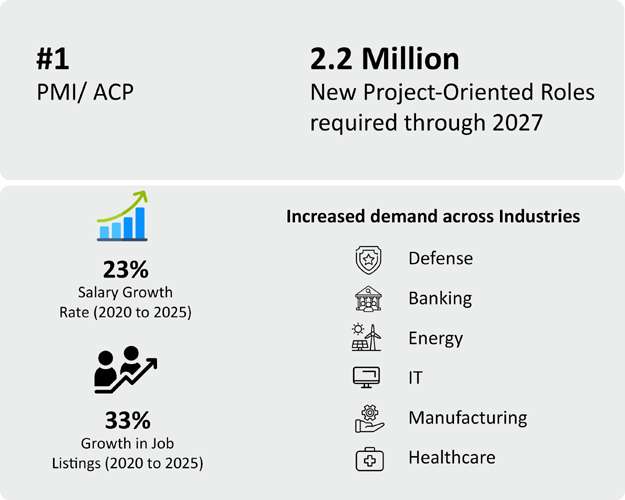
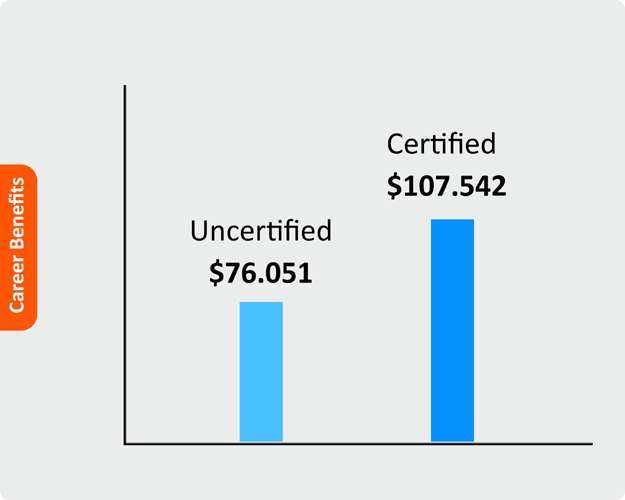
The PMI-ACP® Requirements
Educational Qualifications
You should have a high school diploma or secondary degree or associate's degree to attend the course.
General Project Experience
If you hold at least 2000 hours or around one year of experience, you qualify.
Agile Project Experience
You should have 8 months of experience working on project teams using agile methodologies, and it must be earned within the last 3 years.
Training on Agile Methodology
You must have completed 21 contact hours in Agile Practices.
Our Acp Certification Training Offers The Following
- Comprehensive coverage of the ACP exam content outline.
- Interactive training sessions with experienced ACP certified trainers.
- Real-world case studies and examples to help understand concepts better.
- Access to online study materials and practice exams.
- Exam application support and guidance.
- Exam-taking strategies and tips to improve chances of passing the ACP exam.
- Networking opportunities with other project management professionals.
- Post-training support and guidance to ensure successful exam preparation.

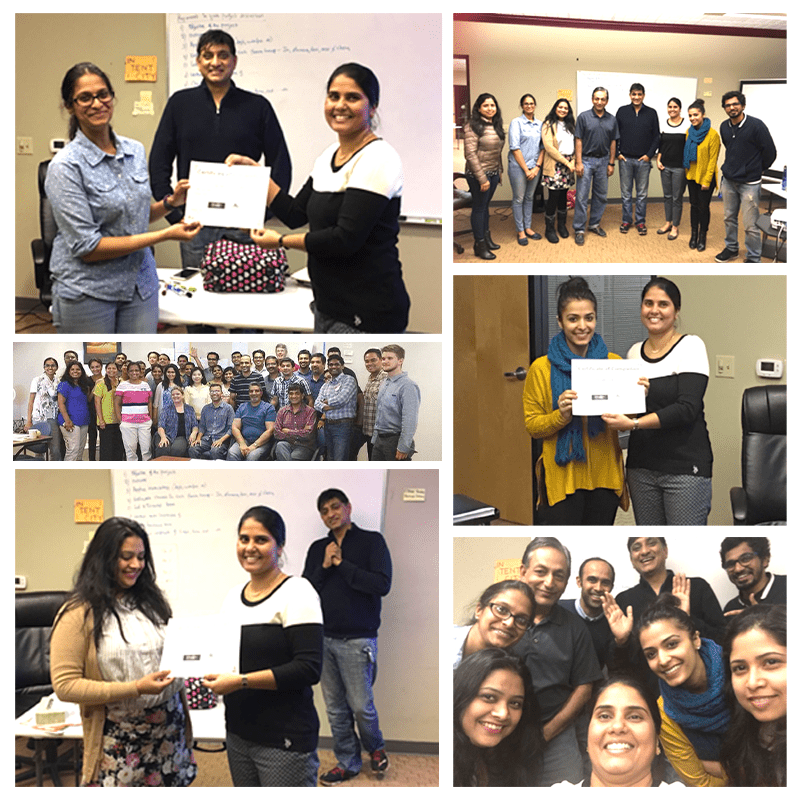
About PMI–ACP® Certification
Learning Objectives:
Learn why the PMI-ACP certification is valuable for a professional.
Topics:
- About PMI®.
- PMI® Certification Programs.
- Value of PMI-ACP®.
- Certification Cycle.
- Eligibility.
- Exam Application.
- Exam Pattern.
- Exam Blueprint.
- Contact Information.
Agile Project Management
Learning Objectives:
Find out how Agile Product Management is different from traditional methods and the value it provides.
Topics:
- AAgility.
- The Agile advantage.
- Key Values.
- Agile Triangle.
- Agile Methodologies.
- APM Framework.
- Phases.
Value Based Prioritization
Learning Objectives:
Learn how an Agilist prioritizes work based on the value the outcome provides.
Topics:
- Time Value of Money.
- ROI.
- PV and NPV.
- Internal Rate of Return.
- Opportunity Cost.
- Payback Period.
- Prioritization.
- Customer Valued Prioritization.
- Minimally Marketable Feature.
- Agile Compliance.
Analysis and Design
Learning Objectives:
Learn a few techniques normally used in Agile.
Topics:
- Agile Chartering.
- Product Roadmap.
- Product Backlog.
- User Story.
- Story Maps.
- Wireframes.
- Personas.
- Agile Modelling.
- Best Practices.
- Collaborative Games.
Estimation
Learning Objectives:
Learn about the various aspects involved in Agile estimation.
Topics:
- Story Points.
- Relative Sizing.
- Theme and Epic.
- Ideal Day, Ideal Time.
- Planning Poker.
- Wide Band Delphi.
- Affinity Estimating.
- Cost Estimation.
Planning, Monitoring, and Adapting
Learning Objectives:
Explore Agile practices that helps the practitioner stay on top of things.
Topics:
- Time-Boxing.
- Levels of Planning.
- Release Planning.
- Iteration Planning.
- Daily Stand up.
- Burndown and Burnup Chart.
- Variance and Trend Analysis.
- Cumulative Flow Diagram.
- Agile Task Board.
- Kanban Board.
- WIP Limits.
Product Quality
Learning Objectives:
Learn the importance of the Agilists role in ensuring and improving product quality.
Topics:
- Project and Quality Standard.
- Agile Testing Quadrants.
- Verification and Validation.
- Test First Development and Test Driven Development.
- Acceptance Test Driven Development.
- Continuous Integration.
- Refactoring.
- Definition of Done.
- Knowledge Sharing.
- Technical Debt.
Communication
Learning Objectives:
Explore some of the ways in which an Agilist can improve communication.
Topics:
- Information Radiator.
- Agile Team Space.
- Osmotic Communications.
- Collocated Team.
- Distributed Team.
- Agile Tools.
- Active listening.
- Brainstorming.
- Feedback Methods.
Interpersonal Skills
Learning Objectives:
Learn how an Agilist plays a key role between various stakeholders and teams.
Topics:
- Emotional Intelligence.
- EISA Framework.
- Goleman Emotional Intelligence Model.
- Collaboration.
- Agile Leadership.
- Adaptive Leadership.
- Servant Leadership.
- Negotiation.
- Conflict Resolution.
Risk Management
Learning Objectives:
Discover ways to mitigate risks and plan accordingly.
Topics:
- Prioritization Factor.
- Risk Management in Agile.
- Risk Adjusted Product Backlog.
- Expected Monetary Value.
- Risk Management.
- Burn-down Chart.
- Risk Based Spike.
Agile Metrics
Learning Objectives:
Find out how Agilists keep track of critical parameters that affect their project.
Topics:
- Metrics.
- Velocity.
- Cycle Time.
- Earned Value Management.
- Escape Defects.
Process Improvement
Learning Objectives:
Learn how the Agile methodology helps organizations to continuously improve their processes.
Topics:
- Value Stream Mapping.
- Waste in Software Development.
- Retrospectives.
- Control limit.
- Process Analysis.
- Process improvements.
- Failure modes.
- Coach failure and success modes.
- Process Tailoring.
- Shu-Ha-Ri.
Knowledge and Skills
Learning Objectives:
Get introduced to a variety of practices and skills that enable agility in your organization.
Topics:
- High Performance Team.
- Coaching and Mentoring.
- Stakeholder Management.
- Team Motivation.
- Self Assessment.
- Knowledge Sharing.
- Problem solving.
- Facilitation method.
- Participatory Decision Models.
- Agile Contracting Methods.
- Vendor Management.
- Principles of System Thinking.
- Incremental Delivery.
- PMI’s code of Ethics and Professional Conduct.
Road Map To PMI - ACP Certification
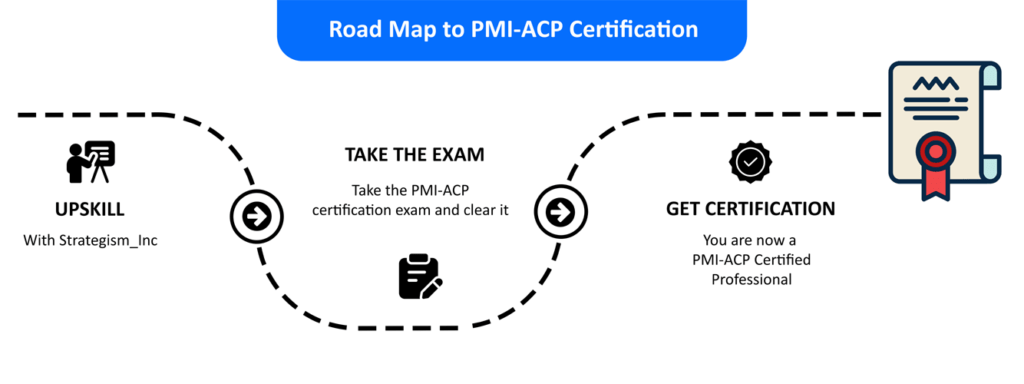
Course Syllabus – ACP Certification
Module 1
About PMI–ACP® Certification
Module 2
Agile Project Management
Module 3
Value Based Prioritization
Module 4
Analysis and Design
Module 5
Estimation
Module 6
Planning, Monitoring, and Adapting
Module 7
Product Quality
Module 8
Communication
Benefits Of Getting ACP Certified
- Enhanced agile methodology skills and knowledge.
- Globally recognized certification that demonstrates your expertise.
- Increased earning potential and career opportunities.
- Improved job performance and credibility.
- Opportunities to work on larger, more complex projects.
- Access to a global network of agile methodology professionals.
- Increased confidence in leading and managing projects.
- Exposure to best practices in agile methodologies in various domains.
- Continuous professional development opportunities to maintain the certification.


What Our Customer Say About Us
CK Taneja
Pankaj Mehta
Beverly Hills CSM Class
Jaideep Chimni
Frequently Asked Questions
1. What is the role of PMI®?
2. Whether this course is accredited or not?
3. What are the 5 stages of project management?
4. Why is Agile so popular?
5. Will this course help me to get a better job with a high salary package?
6. Can Strategism Inc deliver corporate or in-house training?
7. What is the format of the ACP Certification exam?
8. Can we customise training and course material according to our company requirements?
Partnering with World's Leading Universities and Companies

